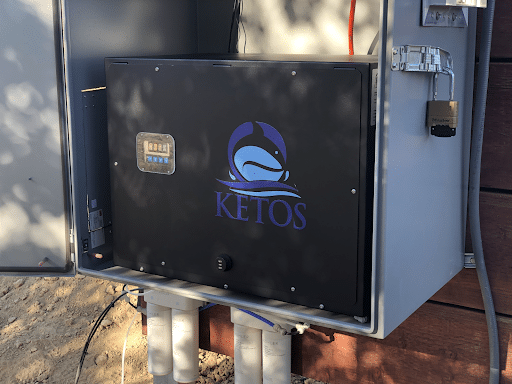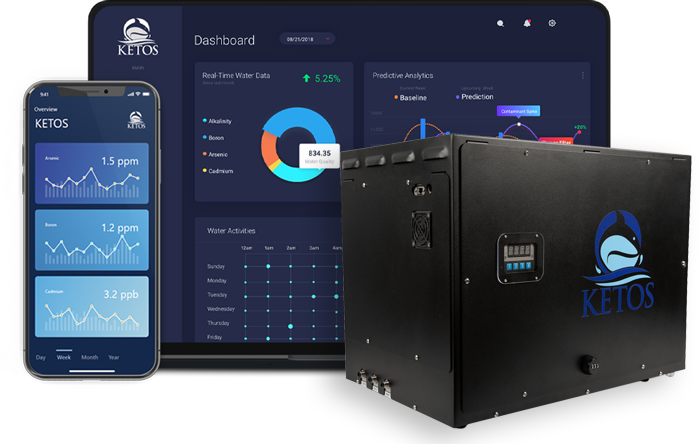Recycled Water and Water Quality
Water quality monitoring for operations managing recycled water resources.
Reduce Lab Costs
Monitor for 30+ Parameters
Identify Issues Before They Emerge
Recycled Water and Water Quality
Due to dwindling local resources and changing climate patterns, investment in water recycling initiatives is on the rise. For many communities with stretched water resources, a sense of urgency is causing many organizations to quickly move from water reduction targets to the goal of water neutrality or becoming water positive in order to sustain operations. With water quickly becoming a limited resource, companies are getting aggressive about sustainability and seeking ways to introduce water recycling programs into their operations. Water recycling and water positive initiatives are also allowing organizations to restore watersheds, recharge groundwater, conserve wetlands and protect lakes and rivers. Such initiatives don’t just show a commitment to ESG and sustainability, however. By emphasizing water recycling, companies can significantly increase internal efficiencies, reduce costs, and protect the viability of existing operations. But water quality must remain top-of-mind to fully capitalize on water recycling.
Water quality monitoring plays a critical role in recycled water scenarios. Effective monitoring can ensure that recycled water is safe for its intended use and meets regulatory standards by ensuring parameters remain within desired threshold ranges. An effective water quality monitoring solution can also optimize processes, protect the environment from contamination, and play an essential role in mitigation strategies.
However, companies are risk-averse, no matter the industry. While the prospect of leveraging recycled water holds a lot of upside, many organizations shy away from heavy budgetary or time commitments. They need modern digital solutions that are easy to implement, simple to maintain and work to reduce costs over the short and long term.
Automation has emerged as a game-changer for water recycling and water positive programs. By adopting solutions that offer automation, IoT monitoring, and AI, companies can effectively recycle their water, understand its composition in real-time, and take proactive and prescriptive steps to maintain quality and reduce usage. This approach to water quality management not only eliminates the need for restructuring existing infrastructure – it also helps organizations avoid high up-front investment costs that often derail such initiatives.

Autonomous Water Quality Monitoring for Recycled Water
Frequent and autonomous monitoring of recycled water ensures water quality and enables water operators to identify issues that impact it in real-time. Continuous water monitoring can also identify problems before they emerge, helping operators become more prescriptive when managing their recycled water.
Complete and continuous visibility into water quality helps organizations remove contaminants, verify that the water recycled is safe to repurpose, and, most importantly, create historical benchmarks that help water operators better control recycled water over time. This consistent testing and reporting helps standardize recycled water management for long-term viability.
KETOS is helping companies across industries initiate and improve their water recycling programs via its digital water technology. The company’s automation and AI capabilities reduce the reliance on manual, irregular, and unreliable interventions while also lowering management costs. Leveraging KETOS technology provides certainty for industries wanting to treat and re-use water for beneficial purposes such as agriculture and irrigation, potable water, groundwater replenishment, industrial processes, and environmental restoration.
In the future, water reuse will be critical to enhancing water security and sustainability. By adopting KETOS, companies can not only significantly reduce water-related expenses – they can also build resiliency into their processes. Autonomous testing capabilities eliminate the need for manual testing and third-party labs. Threshold alerts and 24/7 visibility enable proactive water management that drives down water treatment costs. Enhanced reporting features also support regulatory compliance, preventing expensive fines. The result: net water savings based on reduced usage, increased compliance, and more effective recycling capabilities.
The KETOS SHIELD and the KETOS Smart Water Intelligence Platform create a vertically integrated water quality solution that provides lab-accurate water quality data in real-time. Our $0-CAPEX business model and modular design also allow organizations to embrace digital transformation without the need to reimagine existing infrastructure or deal with high up-front costs. Our goal: to get recycled water programs up and running seamlessly without intensive personnel training, infrastructure redesign, or undue equipment and maintenance expenses.
Learn More About KETOS SHIELD
Download the KETOS SHIELD Fact Sheet
"*" indicates required fields

Recycled Water Case Study
KETOS Overview Video
Did you know
42% monitor water that is either reused or recycled by the customer.
33% monitor water that is discharged into rivers, streams, ponds, and wells (natural water bodies)
20% monitor water that is later used for irrigation of farms, valleys, crops, golf courses, etc.
11% monitor water that gets delivered to the public through distribution networks (non-drinking water)
What Water Quality Parameter Do You Test Most Often?
The KETOS SHIELD remotely monitors dozens of water quality parameters. Which one do your water operators test most often?




